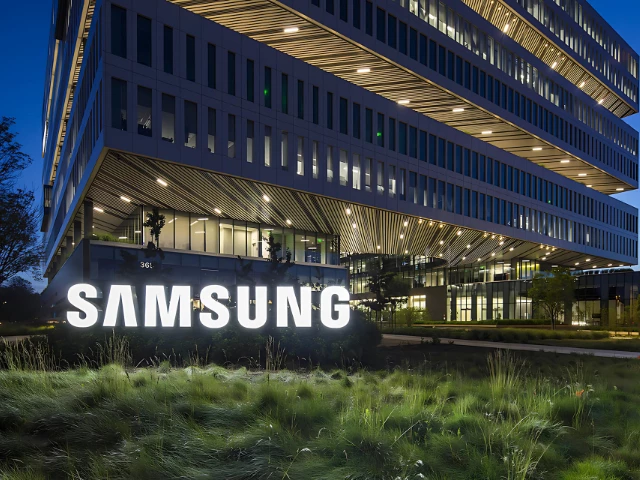Samsung Electronics has projected a 56% decline in operating profits for the second quarter, reflecting challenges in capturing the growing demand for artificial intelligence (AI) chips.
The South Korean giant, a leading player in the memory chip and smartphone markets, expects its operating profit for the quarter ending June to be around 4.6 trillion won (approximately $3.5 billion), a significant drop from 10.44 trillion won in the same period last year, as reported by CNBC.
This forecast fell short of analyst expectations, with LSEG’s SmartEstimate predicting a profit of 6.26 trillion won ($4.57 billion). Samsung’s revenue is also expected to reach 74 trillion won, falling below the SmartEstimate of 75.55 trillion won.
As a result, shares of Samsung Electronics fell by as much as 1.13% during early trading on July 8.
The decline in profits is attributed to multiple factors, including inventory value adjustments and the impact of US restrictions on the sale of advanced AI chips to China.
Samsung has also struggled to keep pace with competitors like SK Hynix and Micron in the high-bandwidth memory (HBM) chip sector, a crucial component in AI chip development.
Research director MS Hwang of Counterpoint Research explained that the disappointing earnings were partly due to ongoing losses in Samsung’s foundry business and a lack of significant progress in the high-margin HBM segment.
SK Hynix, which is a key supplier for Nvidia, has outpaced Samsung in this field.
Ray Wang, research director at Futurum Group, noted that Nvidia, which accounts for around 70% of global HBM demand, is pivotal to Samsung’s prospects.
“The delay meaningfully caps near-term upside,” Wang said to CNBC, highlighting that while Samsung has secured some HBM supply for AI processors from AMD, these contributions are unlikely to impact second-quarter results.
Samsung’s chip foundry business also faces weak orders and intense competition from Taiwan Semiconductor Manufacturing Company (TSMC), further complicating the company’s efforts to recover.
Despite these setbacks, Samsung’s stock has risen over 16% year-to-date, according to LSEG data. The company is scheduled to release its full third-quarter results later this month.
